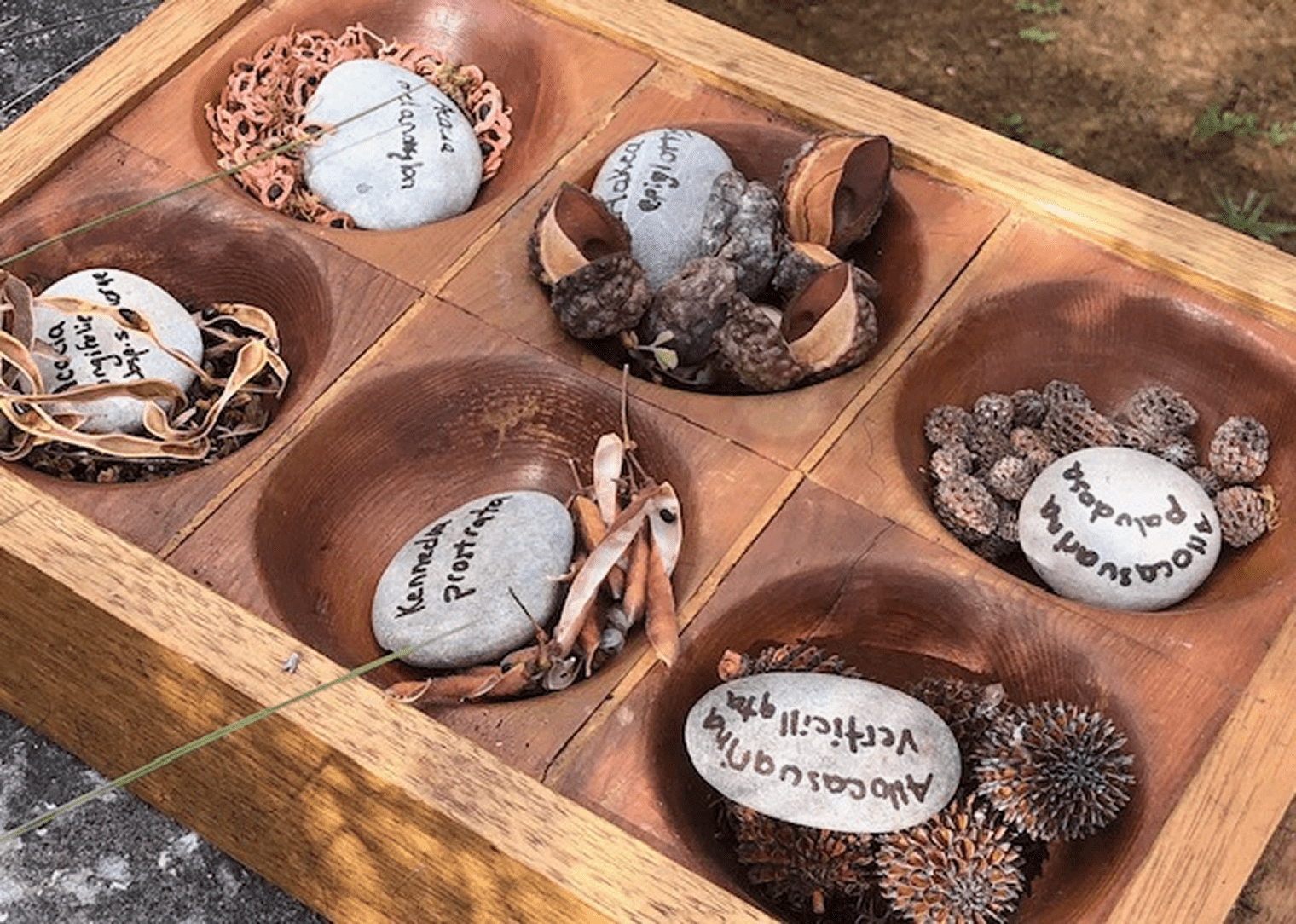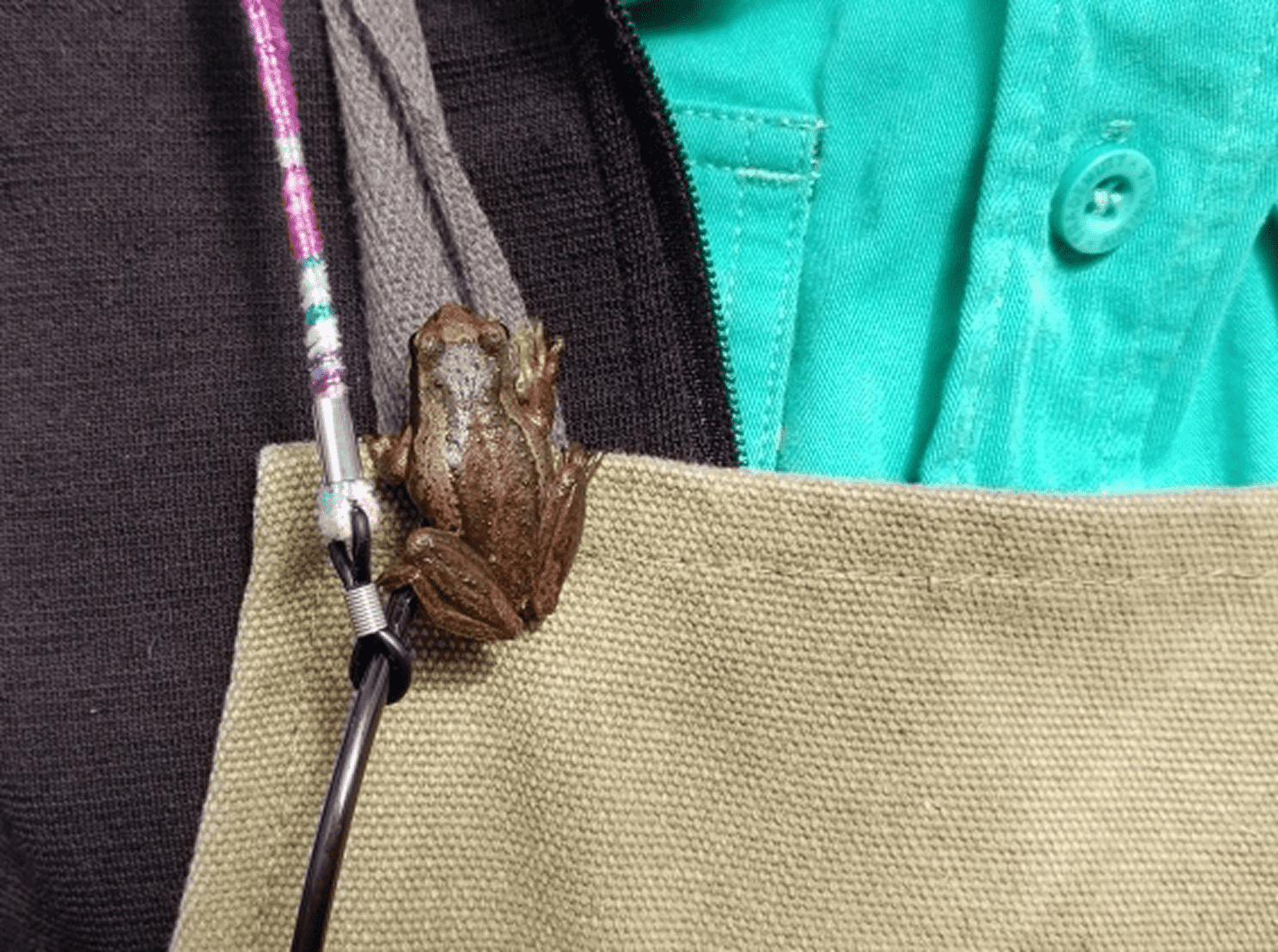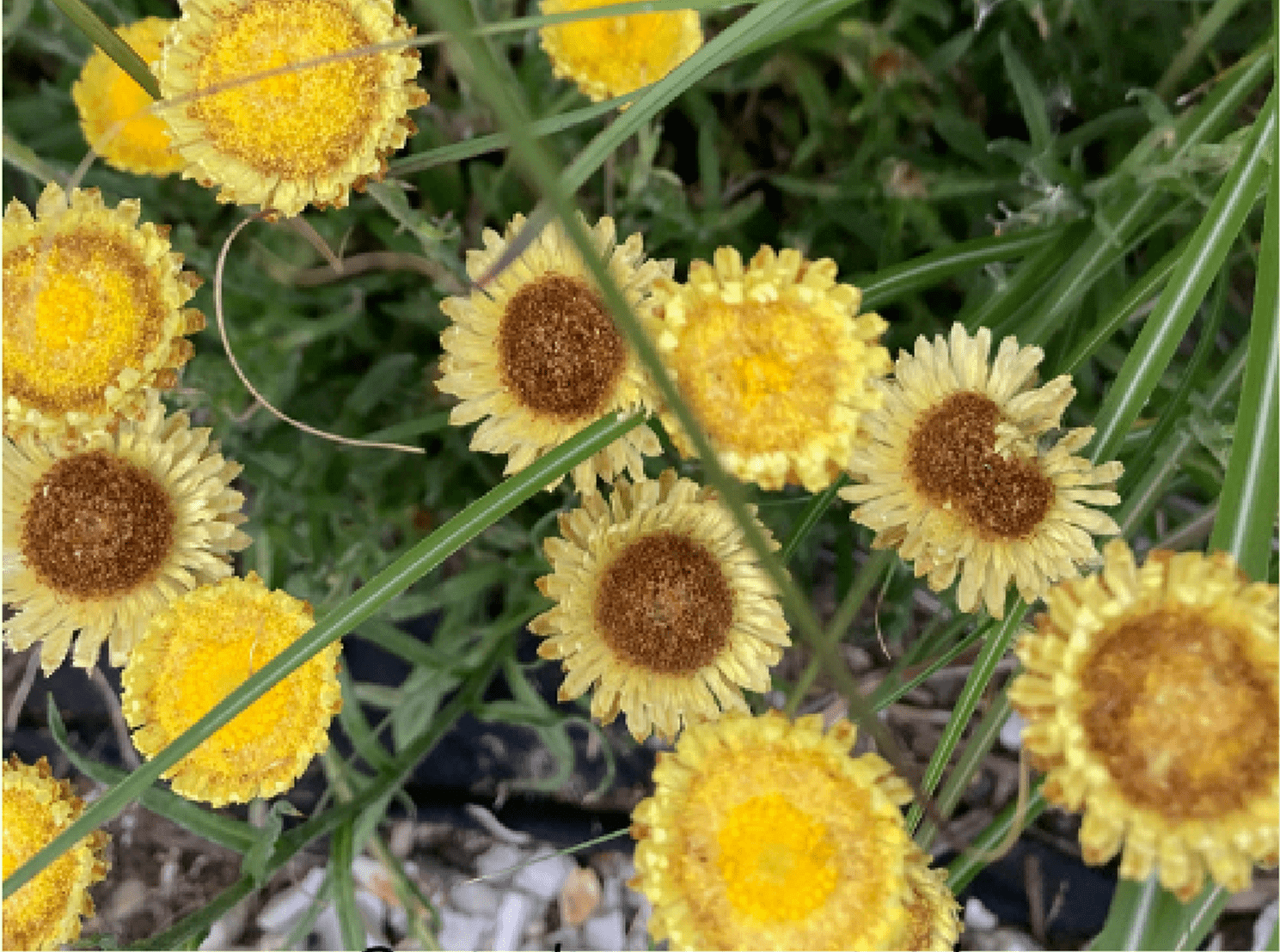We welcome everyone who would like to join the Understorey Network and help further our vision of conserving and restoring Tasmania’s natural environment.
Stories from the Understorey
Here we’ll share stories, tips, and updates about Tasmanian native plants, conservation projects, and the work of our volunteers and community.

Partnering offers multiple benefits:

We’d love to hear your story. Whether you are a volunteer, participant, supporter, or someone touched by our work, your experience matters. By sharing what brought you to us, what you have learned or what’s changed for you, you can help us show the real impact of this community.
We want to hear from you.
Your voice matters. Follow us and share what we do with your community.

Your voice matters. Follow us and share what we do with your community.
Instagram | Facebook
We acknowledge and pay respect to Tasmanian Aboriginal people as custodians of the lands that together we strive to care for and protect.
298 Tolosa St, Glenorchy TAS 7010, Australia
ABN: 90 536 941 162
Ph +61 461 577 624
understorey@landcaretas.org.au
This website was funded by the Wettenhall Environment Trust.
Its grants support projects that enhance and maintain the vitality and diversity of the Australian natural living environment.
The Understorey Network is an ACNC registered charity since 7 Jun 2021. Understorey Network Inc | ACNC